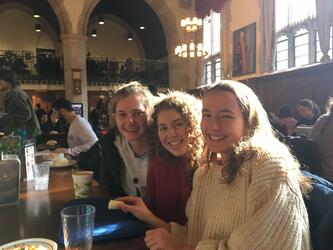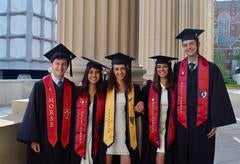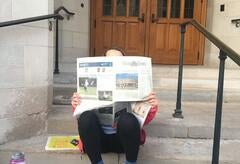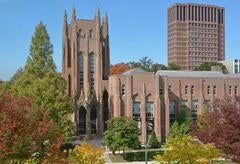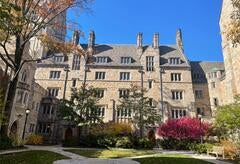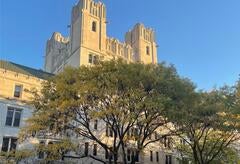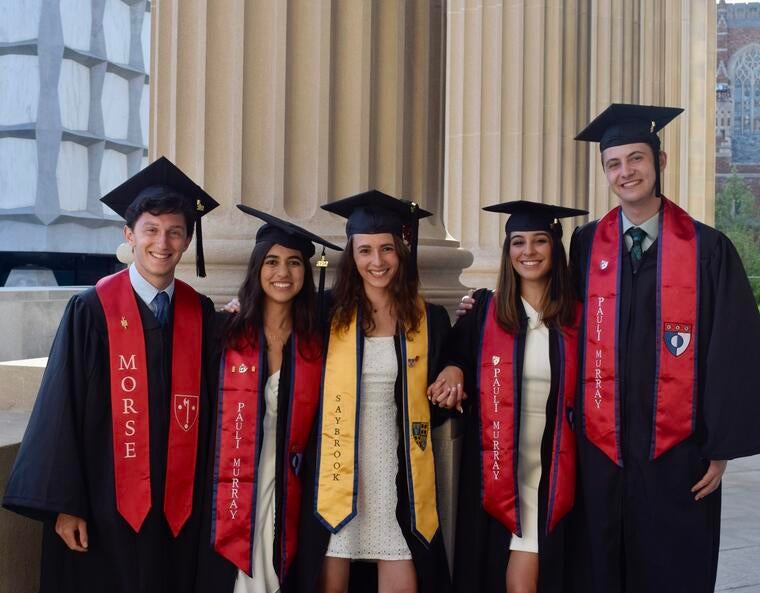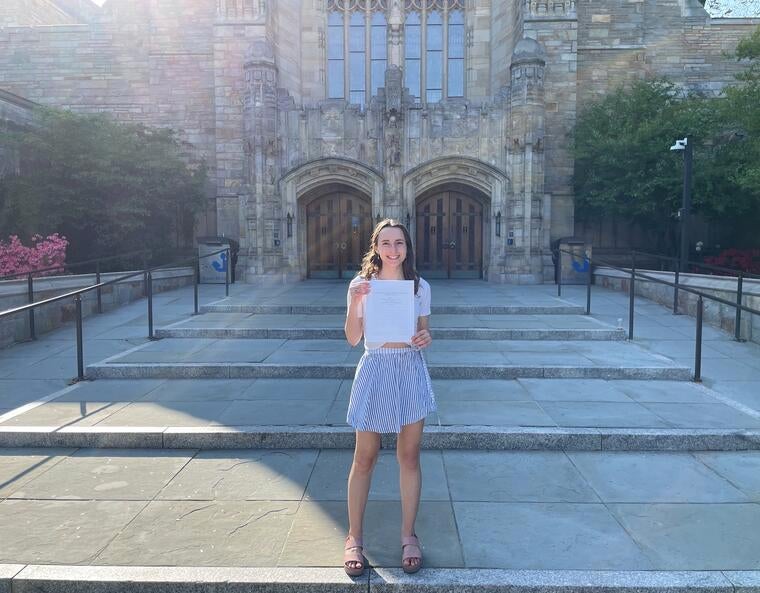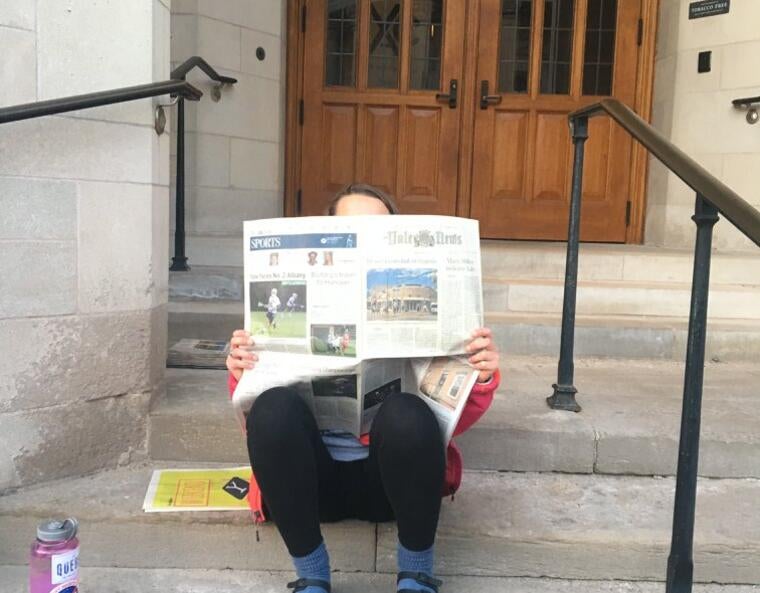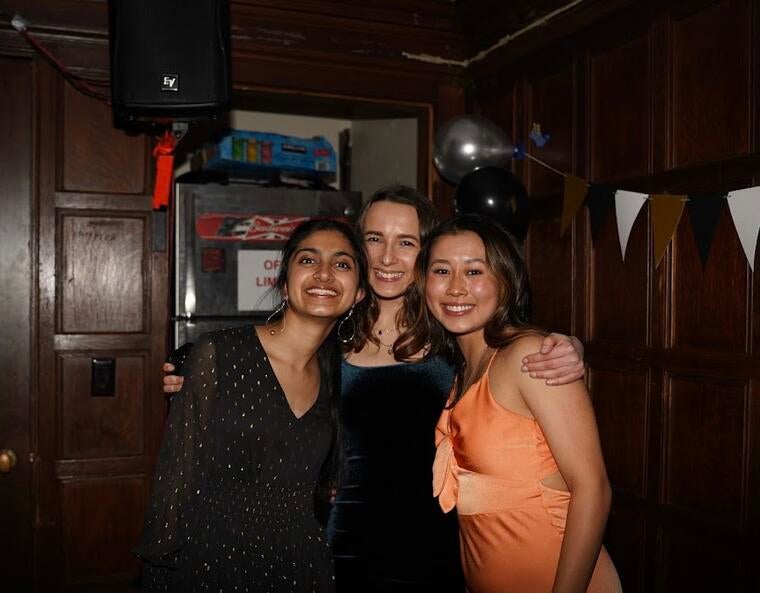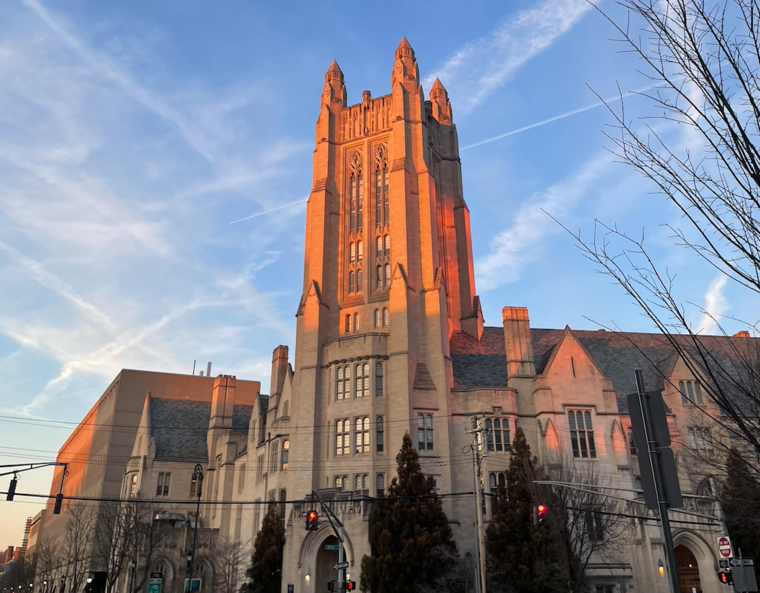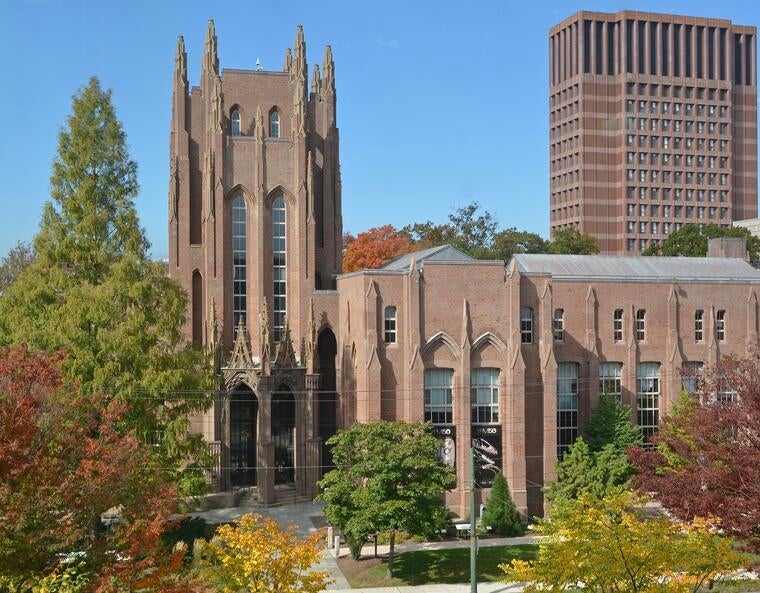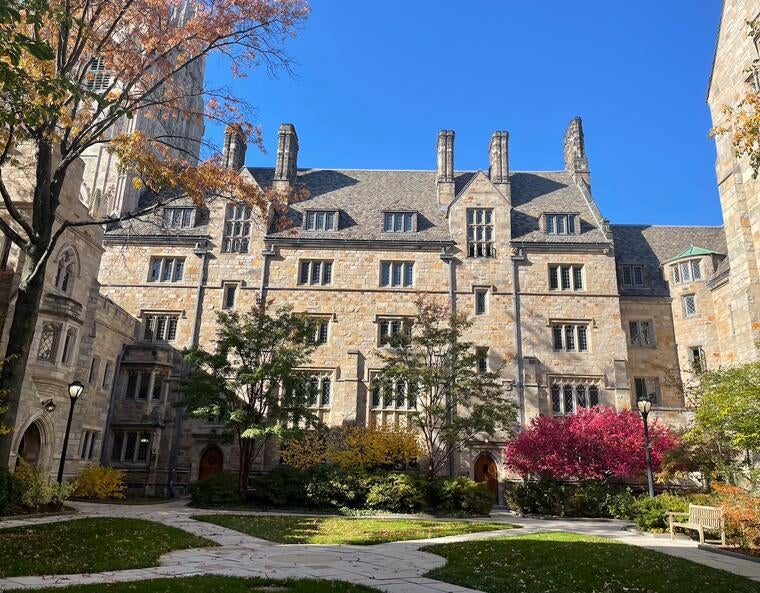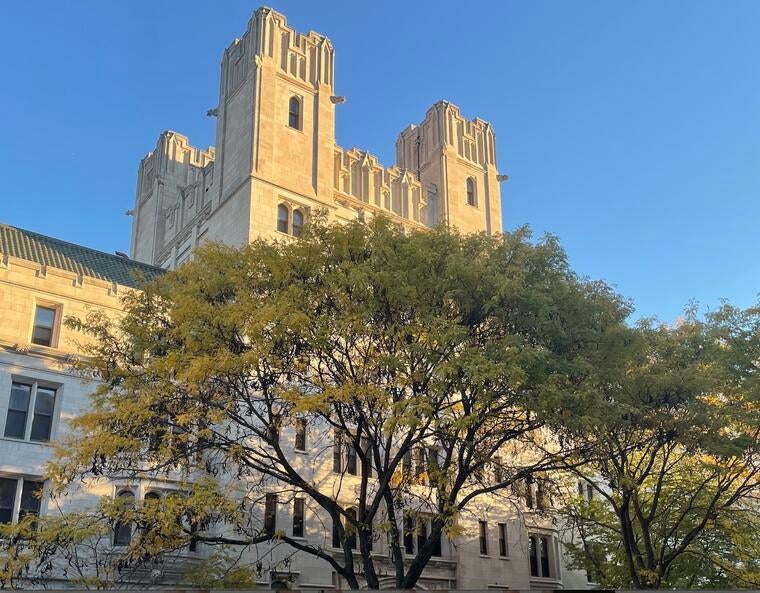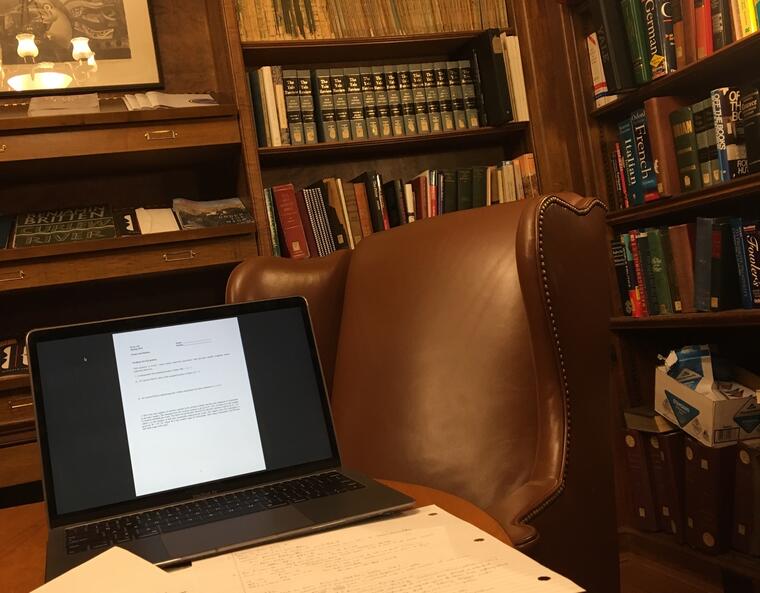
When I glanced over Yale’s academic calendar at the start of the Fall semester my first year, I came across a strange term: Reading period. I had no idea what to make of these 5 days, nestled between the final week of classes and the start of final exams. “Reading period??” I wondered. “So do we just—read?” I figured it was some wacky Yale tradition in which students collectively read a novel before exams. Given the many unique traditions here, the idea seemed strange but too far-fetched.
Of course, I was completely wrong. Reading period is actually a college-wide study period. One hundred years ago, this studying consisted mainly of, well, reading. Things have since changed, but the name stuck. Hence my confusion!
These few days allow students to prepare for their final exams without the added stress of attending classes. Often, final papers and projects are also due during Reading Period. Occasionally, certain classes will also still meet during this time (these classes are marked with an “RP” in the Yale course listings!).
Since there are no classes during Reading Period, you have a lot of “free” time to get all your studying done. The key to a successful Reading Period is to use your time wisely. Here, I’m going to share some helpful tips to make the most out of Reading Period.
First and foremost, make a list of all the work you need to complete, and then order it by priority. If you have a final on the first day of finals week, you should study for that before studying for the exam you have on the last day of finals. If you really need to bring your grade up in a certain class, put work for that class first. Take another look at the syllabi for your classes. Some professors make the final worth 50% of your grade, while others make it 15%. Prioritize the final that’s worth a huge chunk of your grade. These factors are all really important to consider when determining what needs the most attention.
Once you have your to-do list, you need a schedule. It is far too easy to waste time when you don’t have specific windows in which to work on certain tasks. Get out your GCal and block off times according to your list. For example, you might work on a final project from 9am-noon, study for an exam from 1-3pm, and then do some more work on your project from 5-7pm. If your professor is holding office hours or a final review session for their class, add those events to the schedule, too.
You also need to schedule time for breaks! Take at least 30 minutes for meals, and an hour to exercise or get coffee with a friend. Residential colleges also schedule fun activities (midnight breakfast anyone?) that are great for these break times. If you give your mind the rest it needs, you’ll be more productive during your working periods.
Getting a meal with friends is a perfect study break—you can’t even see the stress through our smiles :)
Finally, make a plan for where you are going to study. Studying in different places can help break up the monotony of the day. It also is helpful to study for the same exam in lots of different places. That way, you aren’t shaken up by the change of scenery when it comes time to take your final in a random lecture hall. Check out my handy list of study spots in a previous post.
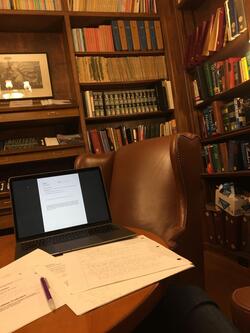
I love studying for finals in this cozy spot in Jonathan Edwards College’s Curtis-Curtiss Library.
The key idea for a successful reading period is structure. It feels daunting at first, but breaking your work up into chunks makes it feel a lot more manageable. I’ll definitely be using these methods to help me get through Reading Period this semester, which starts next week. Happy studying!
